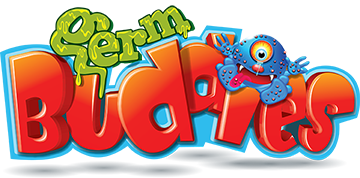Parasite
ALL ABOUT PARASITES

A parasite is a living organism which attached itself to a host, another living organism to stay alive, reproduce and grow.
An example of a parasite may be a flea or a tic which attaches itself to a human or an animal in order to feed on that creatures blood.
Parasites affect human beings by living outside or inside of the body. Tiny MACROPARASITES, are even smaller than viruses or bacteria.
Some parasites even live on another parasite in the same way that they do a human or an animal, they are called EPIPARASITES.
A parasites job is to infect a species, and to use that species for all of it's needs, food, water, warmth and in some cases, the parasite may cause discomfort to the host and in extreme cases, over a long period of time, they may even cause the host to become very ill or even die.
Some parasites are fussy and have adapted to only one form of host and others can infect multiple types of host, learning to adapt as they find a way to survive.
To get a parasite, you usually have to pick one up on the outside of your body, or eat one in your food or drink or for example putting dirty hands in your mouth.
It might be hard to imagine that any kind of parasite would be useful but it is considered by some scientists that parasites perform some very important evolutionary benefits by changing how some living organisms function and creating changes in the evolutionary chain.
Check out our MEET THE GERMS page and see what kind of germs there are.
